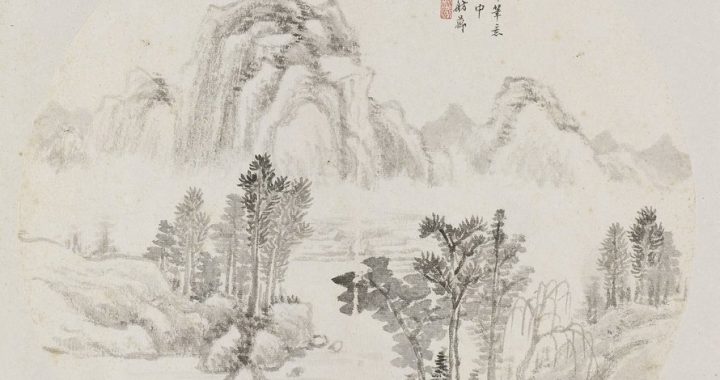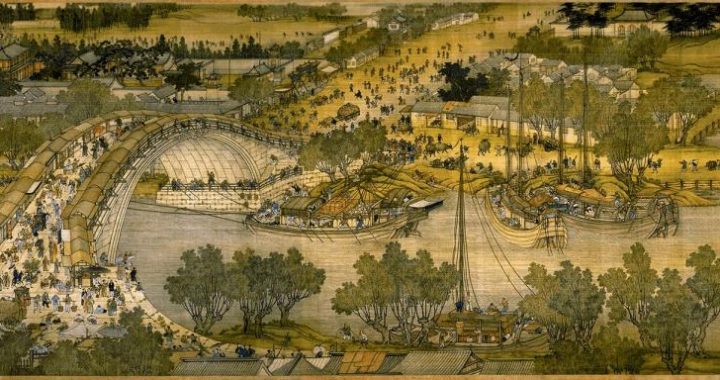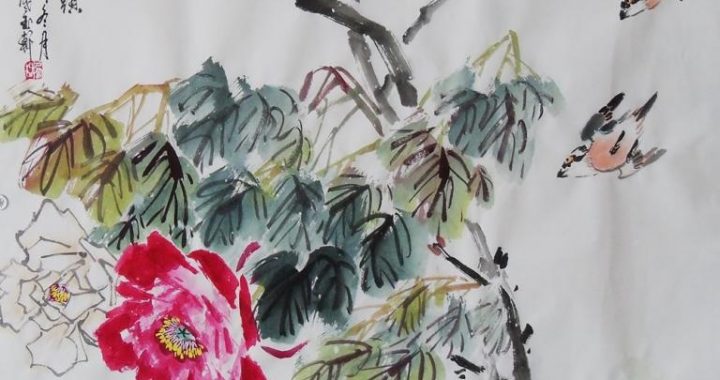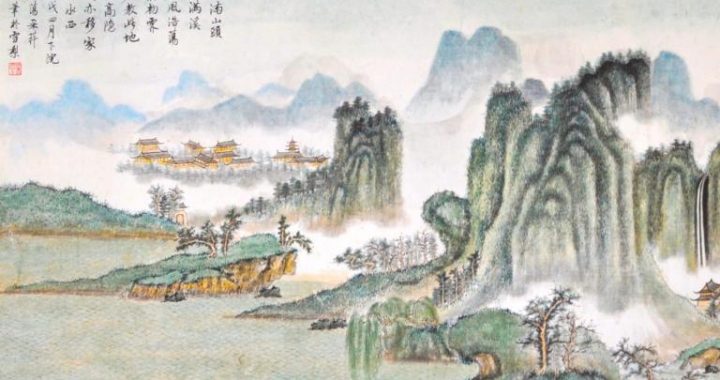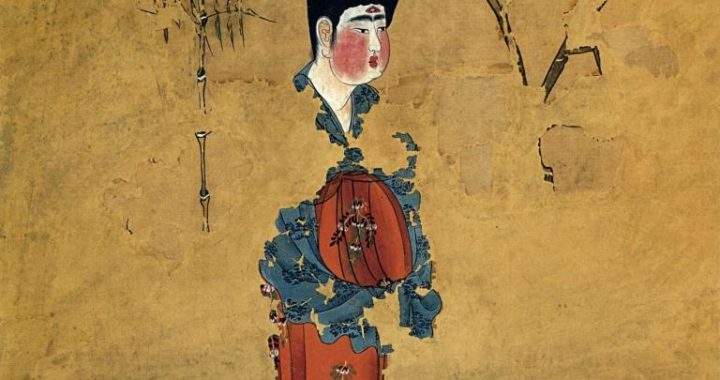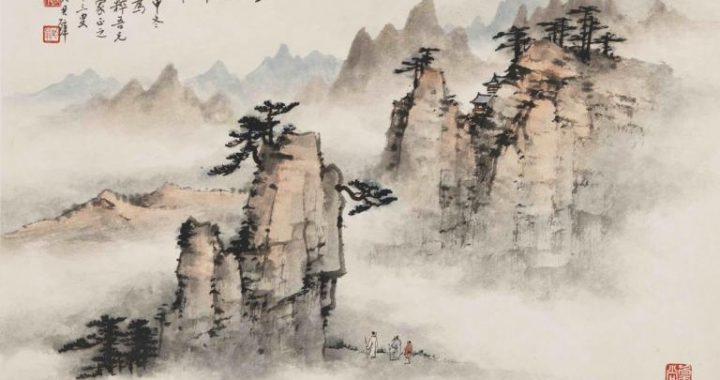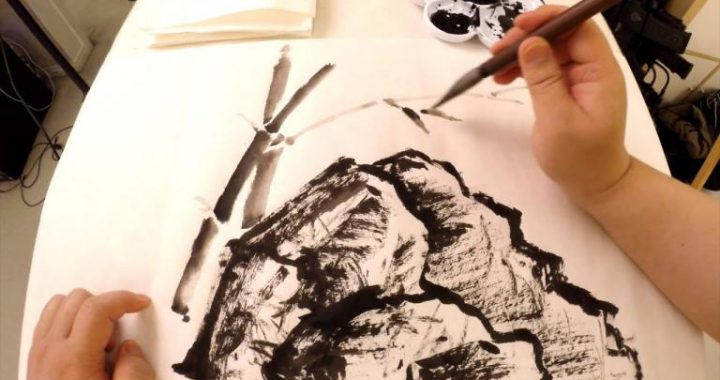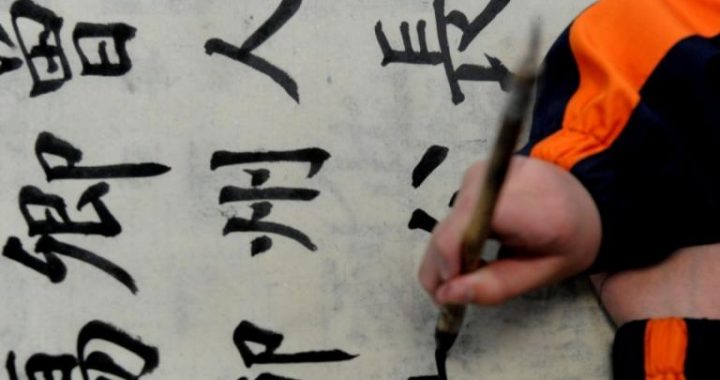Poetry of the South and Qu Yuan
2 min readQu Yuan is the first poet known by name and his position in the Chinese Literature is very important.It’s equivalent to Dante in the European Literature.
He was a high minister at the court of the king of Chu during the Warring States Period,He proposed the reforms in government and an alliance with other states to encounter the power of the neighboring state of Qin .

The country became strong and prosperous.It was the true rival of Qin.But the king was not a wise man.He was fooledby a group of followers who were actually bribed by Qin.He began to indulge himself in drinking and playing and refused to manage the state affairs.He turned a deaf ear to Qu Yuan’s honest advice and later,even sent him into exile.Finally,Chuwas defeated by a sudden attack and the king was taken prisoner by Qin.In the exile days,Qu Yuan wrote Sorrow After Department ,a kind of autobiography in which he expressed his love for his people and motherland,his loyalty for the king and his sorrow for failure in persuasion.It became a masterpiece in Chinese literature.
Other poems that are ascribed to Qu Yuan are the Nine Songs ,the Nine Elegies ,Asking Heaven and some more.The particular style of this poetry gave it the name Poetry ofChu ,the most southern state of that period.It is different from the northern poetry styles both in verse ,a particle expressing sighing and incontent.The northern literature is much plainer in feelings,while the poems in the southern state of Chu are full of sentiment and even mystical visions.For example,Qu Yuan is guided on his horse chart to a heaven far from the human world.Southern poetry later became very popular among Daoists that also saw man as a mere small being in the cosmos and nature.

Li Sao is a very long poem and it can be divided into two parts:
The first part gives a brief account of the poet’s ancestryand character.Beginning from the birth of the writer,it describes his cultivation of virtue and his earnest endeavor to translate his precept and political ambition into practice.
The poem begins like this:A prince am I ofancestry renowned,Illustrious name my royal sire hath found.
